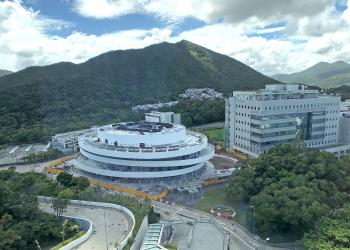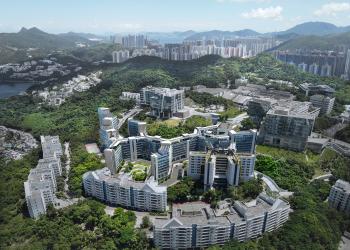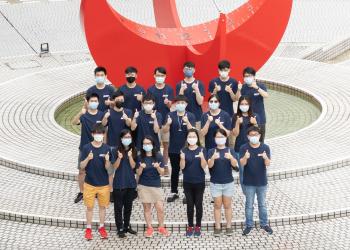News & Stories
2021
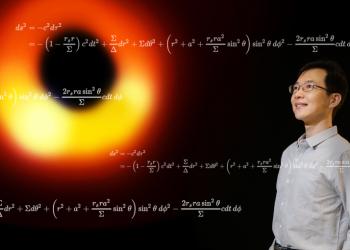
Stories
Expert Series: Into the Darkest Mystery
Sixty years ago, the whole world was gladly amazed when the first human blasted into space; over the years, hundreds of exploration missions have been deployed to extend our knowledge and understanding of the universe. Of all the space mysteries scientists still hope to solve, black holes remain the strangest and most mysterious phenomena we know so little about. After decades of effort, scientists finally reached a major milestone when they came face to face with a black hole by capturing its first-ever image in 2019, and a more detailed one earlier this year. The ground-breaking images show the supermassive black hole at the center of Messier 87, a galaxy about 54 million light-years away from Earth. The black hole's mass is equivalent to 6.5 billion suns.
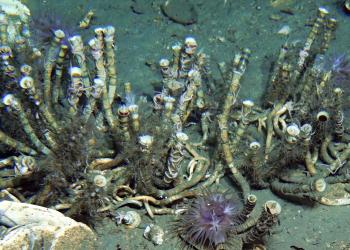
News
HKUST Researchers Unlock Genomic Secrets of Gutless Deep-sea Tubeworm
Researchers from The Hong Kong University of Science and Technology (HKUST) decoded for the first time the chromosomal-level genome of a deep-sea gutless tubeworm and how the worm’s co-living bacterial partners manufacture organic nutrients for its host so it can survive the extreme habitat. The discovery lays foundation for potential applications such as biomaterial production and microbial growth control.Living in deep-sea hydrothermal vents and cold seeps ecosystems characterized by darkness, high pressure and often high concentrations of toxic substances, submarine tubeworms - common living organisms of such extreme environments, were known to owe their survival and fast growth to sulphide-oxidising symbiotic bacteria that live inside their body. However, the success behind such a complementary “marriage” between the tubeworms and their co-living bacteria had remained unknown due to the lack of genomic resources.
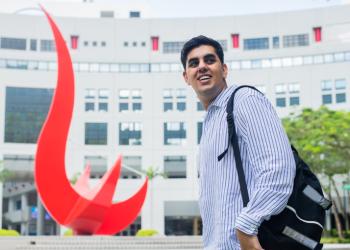
News
A Fighter’s Heart at 15%
From a terminal heart failure patient to a university student, mentor, and public speaker, HKUST’s third-year business management student Krishna JHANGIANI (KJ) has hardly had a conventional study journey. Recently recognized by the Dean of Students’ Office for his community service, KJ is the embodiment of resilience, and determined to innovate to give himself and others a new lease of life. “It was like living in a bubble for 16 years and the bubble just popped,” KJ describes his near-death experience. From the massive smile that he is wearing, you would struggle to believe what he has been through.
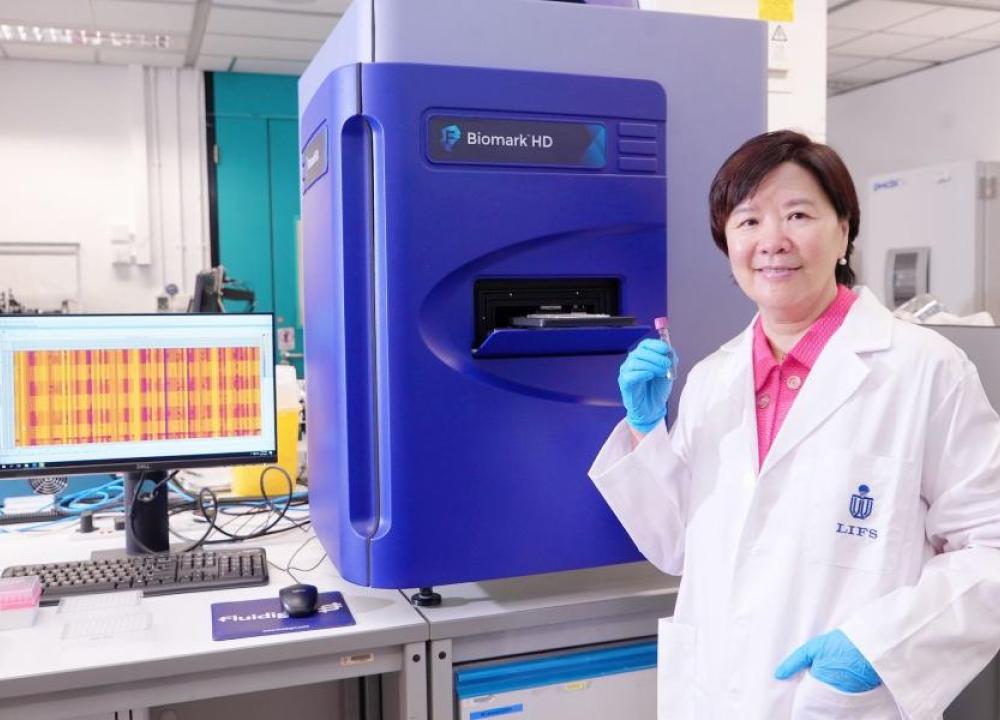
News
HKUST Scientists Develop Simple Blood Test for Early Detection of Alzheimer’s Disease
An international research team led by HKUST has developed a simple but robust blood test from Chinese patient data for early detection and screening of Alzheimer’s disease (AD) for the first time, with an accuracy level of over 96%.Currently, doctors mainly rely on cognitive tests to diagnose a person with AD. Besides clinical assessment, brain imaging and lumbar puncture are the two most commonly used medical procedures to detect changes in the brain caused by AD. However, these methods are expensive, invasive, and frequently unavailable in many countries.










